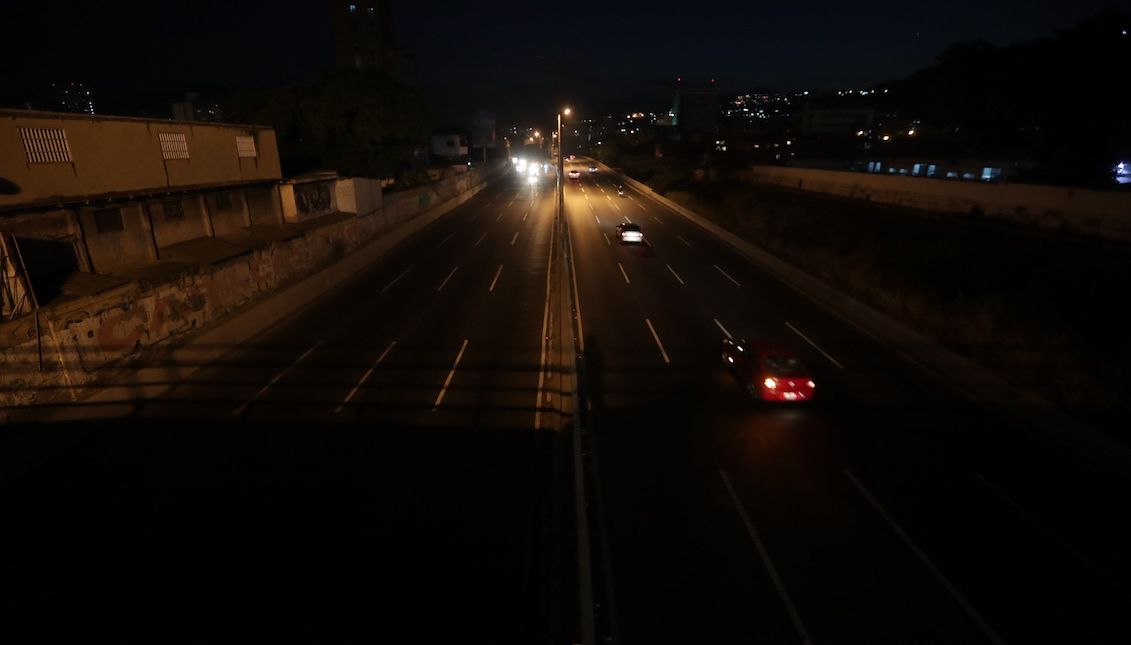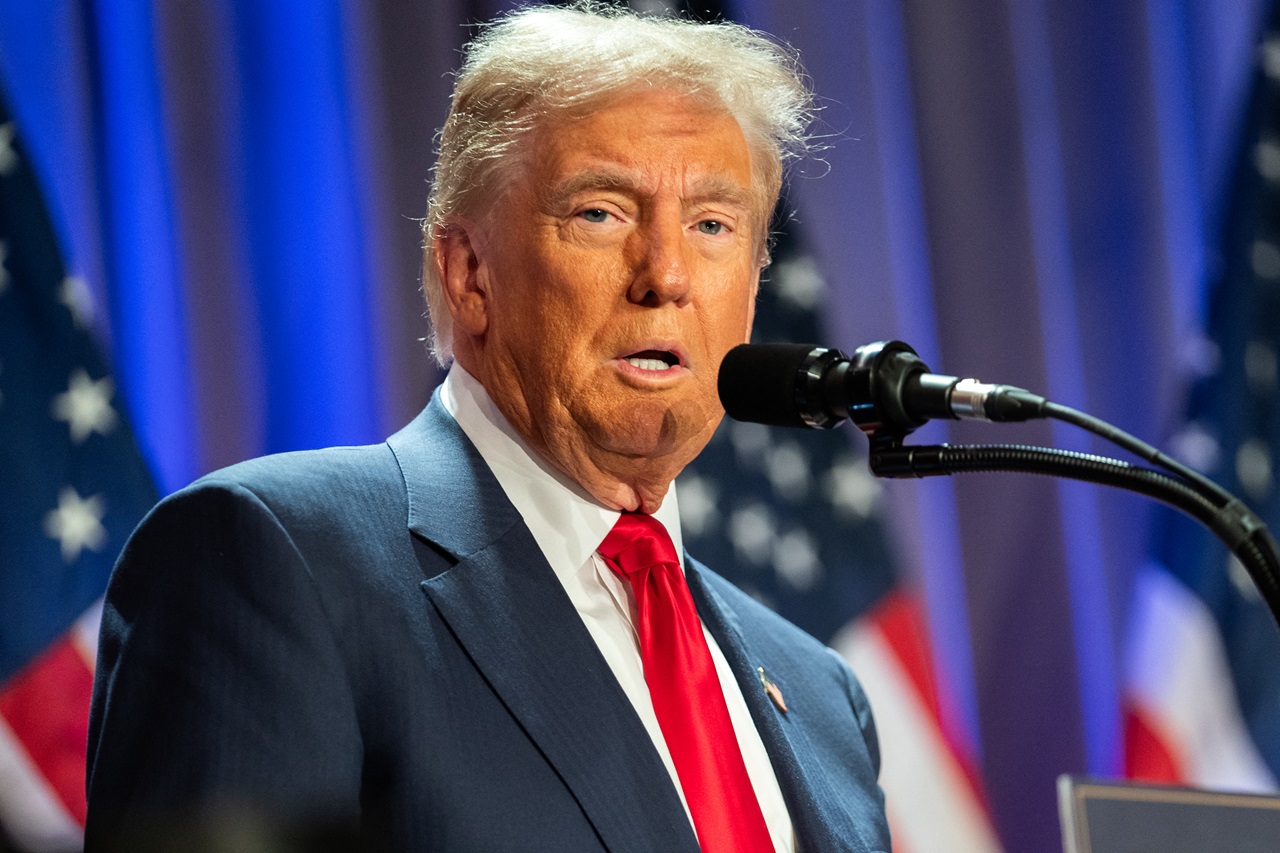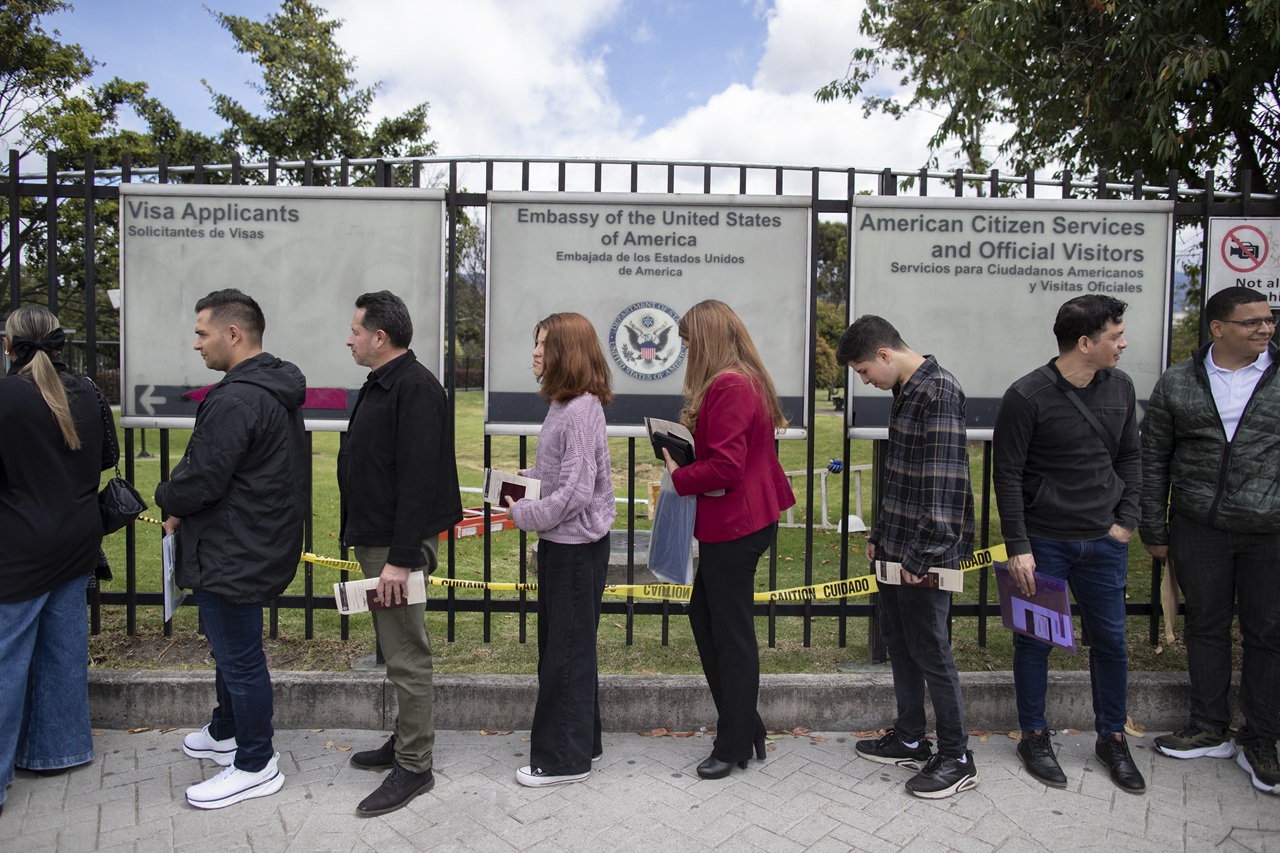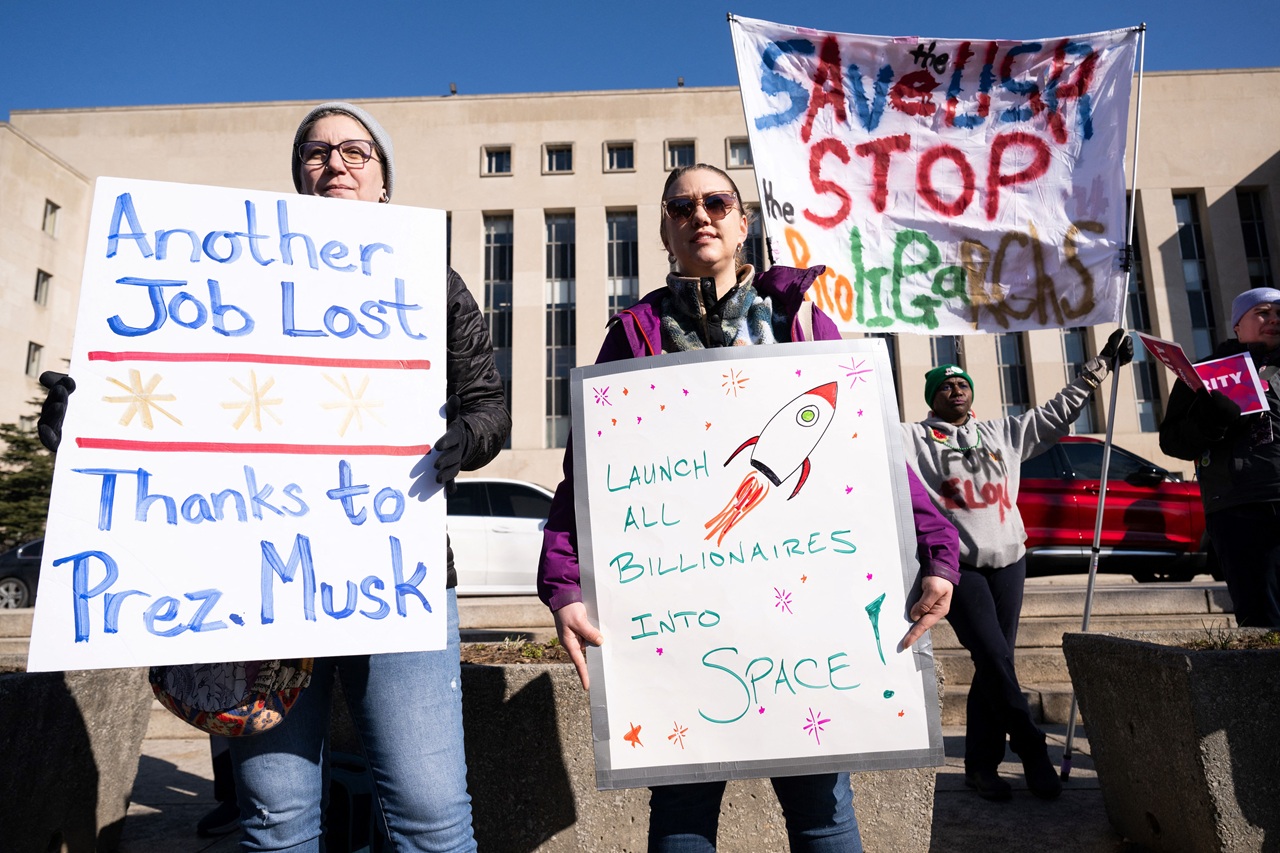
Venezuela in the gloom
The collapse of the energy system has completely isolated Venezuela, its citizens have been unable to refrigerate or consume food since last Thursday. More…
Unread messages, sporadic audio, and absolute silence have been the few responses that Venezuelans abroad have received from their relatives in the country after the national territory was completely disconnected from the electricity supply on Thursday.
As if the humanitarian crisis that Venezuela is experiencing was not enough, today Venezuelans are isolated, without Internet, access to banks, and the ability to prepare or preserve food.
"Venezuela has truly collapsed already," said the interim president, Juan Guaidó, to CNN on Sunday. "There is no service in the hospitals. These were the best hospitals in the country. If we are in the capital what is it like kilometers inside Venezuela where there hasn’t been or there has been very little gasoline with periodic cuts in electricity, without basic goods, with inefficient public transportation? You can say with all responsibility that Venezuela has already collapsed."
In recent years, the country has experienced a gradual destruction of its economic system - once considered one of the most powerful in the world for its oil reserves - due to the government’s negligence and abandonment of infrastructure and system of internal production.
The president of the Commission of Energy and Mines in Venezuela, Elías Matta, declared that the accumulated inflation during the six years of Nicolás Maduro's government has reached 5,395,536,286 percent, an unimaginable figure in any other part of the world.
"There is no salary that can withstand such inflationary pressure," he said.
Thanks to this, more than two million Venezuelans have been forced to leave the country, causing a refugee crisis in the region.
RELATED CONTENT
Meanwhile, those who remain in the country have had to face the absolute shortage of basic goods, such as food and medication, as well as the gradual dollarization of an economy with foreign exchange control for more than a decade.
Since Thursday, the electrical installations of the main power stations of the country have been collapsing. More than 80 percent of the country are now disconnected and without light.
In a country where crisis has been normalized, Venezuelans have grown used to punctual power cuts for years, but the blackout they have been experiencing since Thursday is the largest in history.
On Sunday, 16 states remained without power and 17 deaths had been counted in hospital centers, including newborns.
As citizens try to preserve the few foods they have access to and supply their homes or communicate with their relatives abroad, the National Assembly has declared a national emergency. The Maduro regime is blaming the United States of "sabotage.”
The country has plunged into a dystopia understandable only to those who live through it, and manipulated by those who perceive Maduro’s exit as a golden opportunity.











LEAVE A COMMENT: